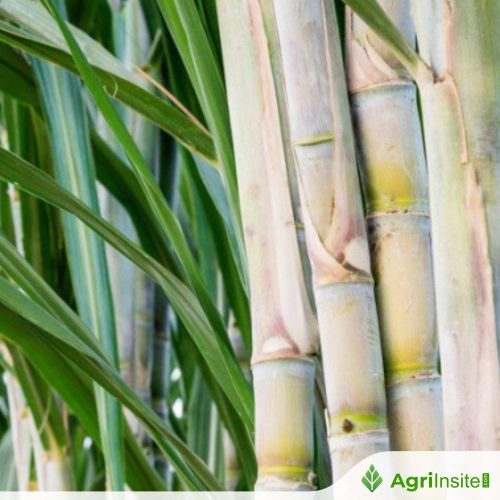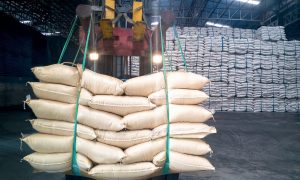This Institute In Coimbatore Breeds A Special Variety Of Sugarcane For Ethanol Production

Recent discussions in India highlight the potential of sugarcane not only as a food source but also as a feedstock for ethanol production. Blending ethanol with petrol can reduce fuel imports and provide financial benefits to sugarcane farmers. The Sugarcane Breeding Institute in Coimbatore has developed a specific variety for ethanol, emphasizing the importance of sugarcane in achieving India’s fuel self-sufficiency and environmental goals.
Sugarcane is one of India’s major agricultural crops. Its sweetness and nutrients are widely used in the production of food products like sugar, juice, and jaggery. Now, research suggests that fuel can also be produced from the same sugarcane. If ethanol produced from sugarcane is blended with 20 percent fuel for vehicles, it not only reduces the need for fuel but also saves money. Currently, the fuel used to run vehicles is mostly imported from foreign countries. By producing ethanol from sugarcane and blending it with fuel, sugarcane farmers can also profit. A sugarcane breeding company in Coimbatore (Tamil Nadu) has developed a special variety of sugarcane, specifically for ethanol production.
Govindaraj, the director of the institute, stated: “The Sugarcane Breeding Institute was established in 1912. For a century, we have been sending our varieties to many countries. Currently, sugarcane is cultivated on 5.6 million hectares in India, and 80 percent of that consists of varieties we have developed. These varieties offer high sugar content, higher yields, and resistance to diseases and pests. We have developed varieties that can withstand droughts and can grow in areas where there is waterlogging due to heavy rains. Sugarcane serves three purposes: sugar can be extracted, byproducts can be produced from molasses, and ethanol can be extracted from these byproducts. Wherever there are sugar factories, all three purposes are served. For the past 10 years, ethanol has been extracted and used from molasses.”
Govindaraj continued, “In this scenario, our Prime Minister introduced the initiative of blending ethanol with petrol. The benefit of this is that by blending ethanol with petrol, the amount of imports is reduced, saving foreign exchange. Ethanol is also environmentally friendly. Currently, we are using 15 percent ethanol blended with petrol, and the target has been set to increase this to 30 percent by 2030.”
Govindaraj also said that in the past year, Rs 29,300 crore in foreign exchange was saved by producing ethanol from sugarcane, and Rs 19,300 crore was earned as profit by sugarcane farmers. In the future, the institute aims to blend 30 percent ethanol with petrol. To achieve this, 1030 crore litres of ethanol will be required. Ethanol can be produced not only from sugarcane, but also from crops like corn and rice husk.
Govindaraj opined that reaching this goal is challenging, which is why the sugarcane breeding institute developed a variety of sugarcane specifically for ethanol production. This is a subspecies of sugarcane, where the sugar content is significantly lower. In 2009, sugar mills operated only for six months. For the remaining six months, no operations took place because molasses is required to produce alcohol, which is only available during the milling season.















